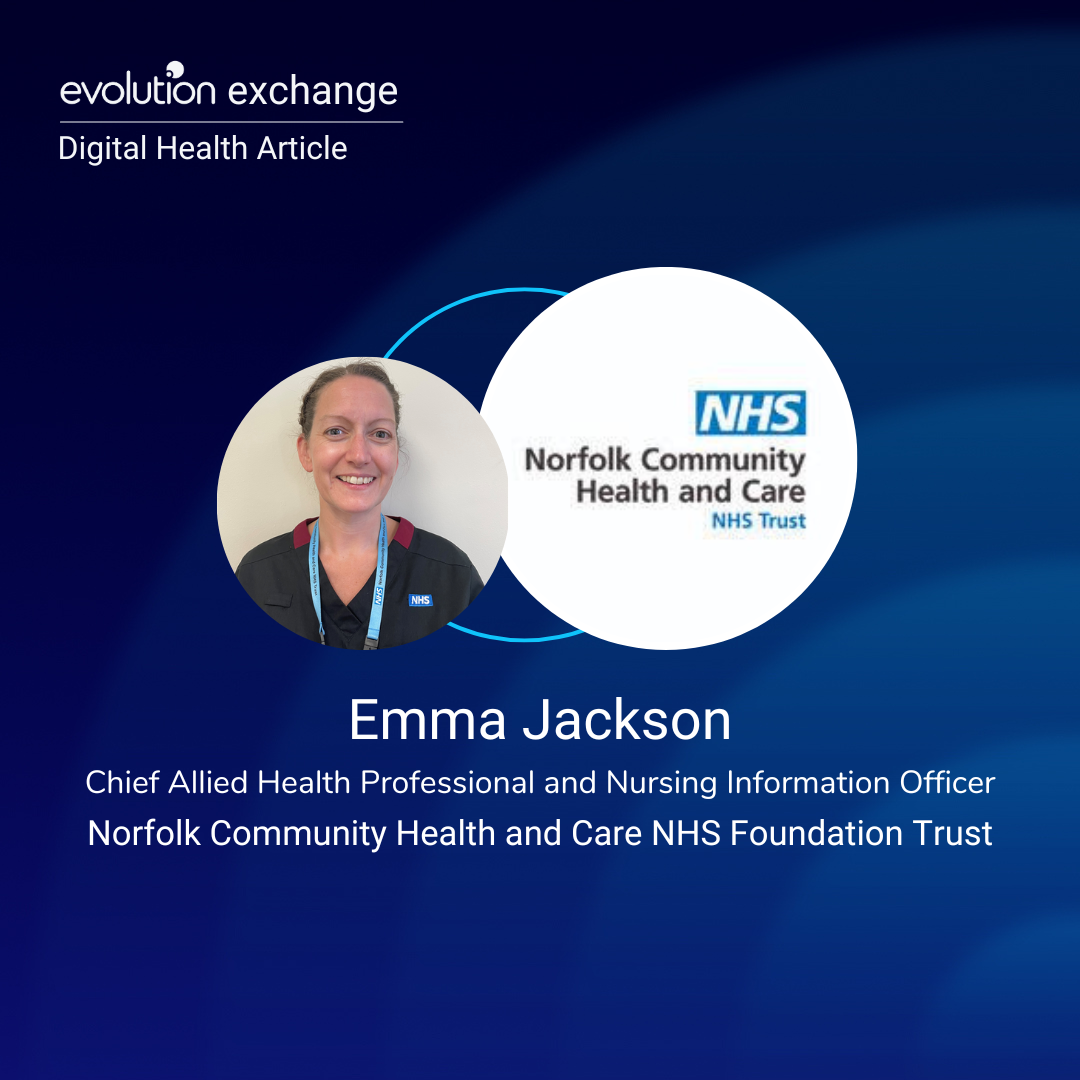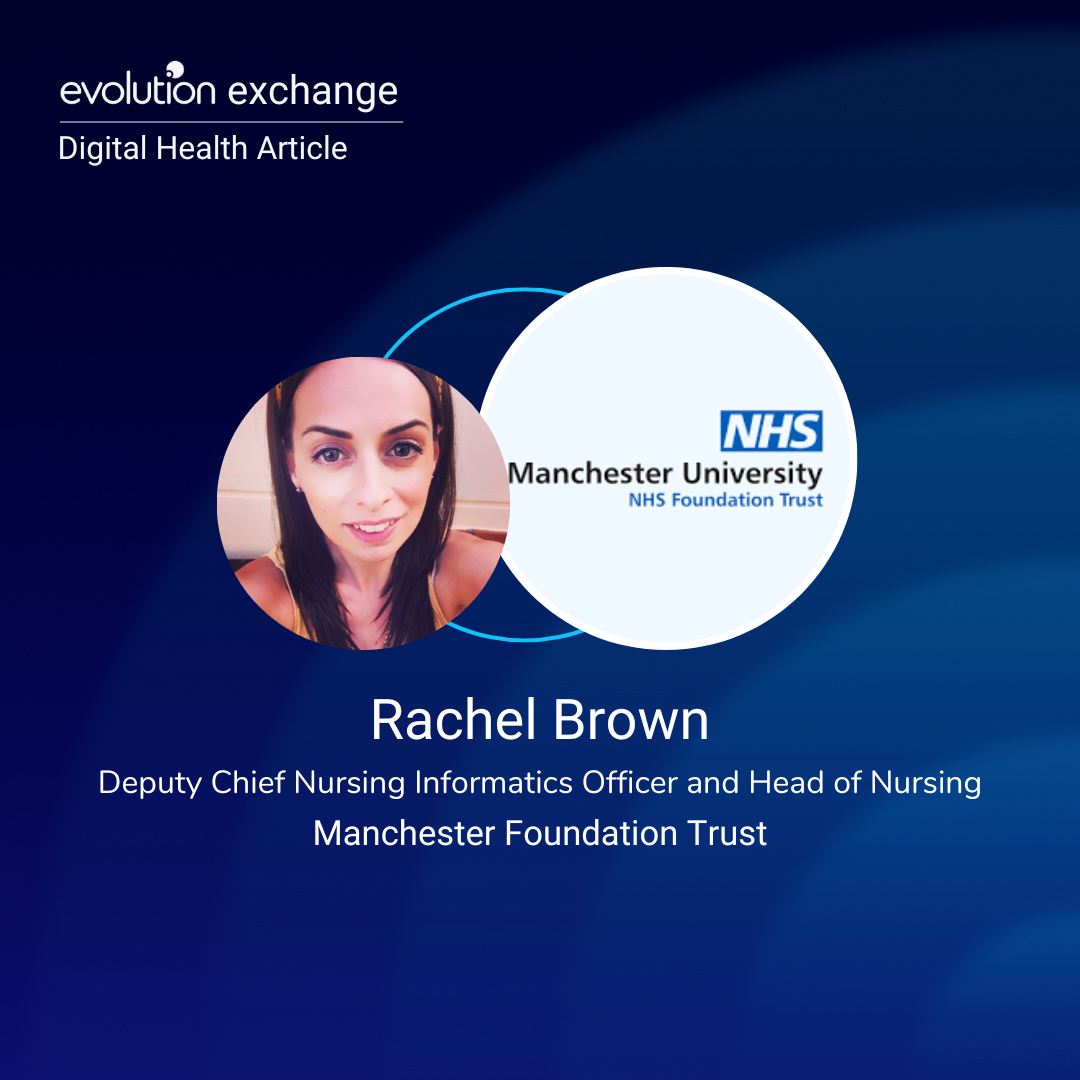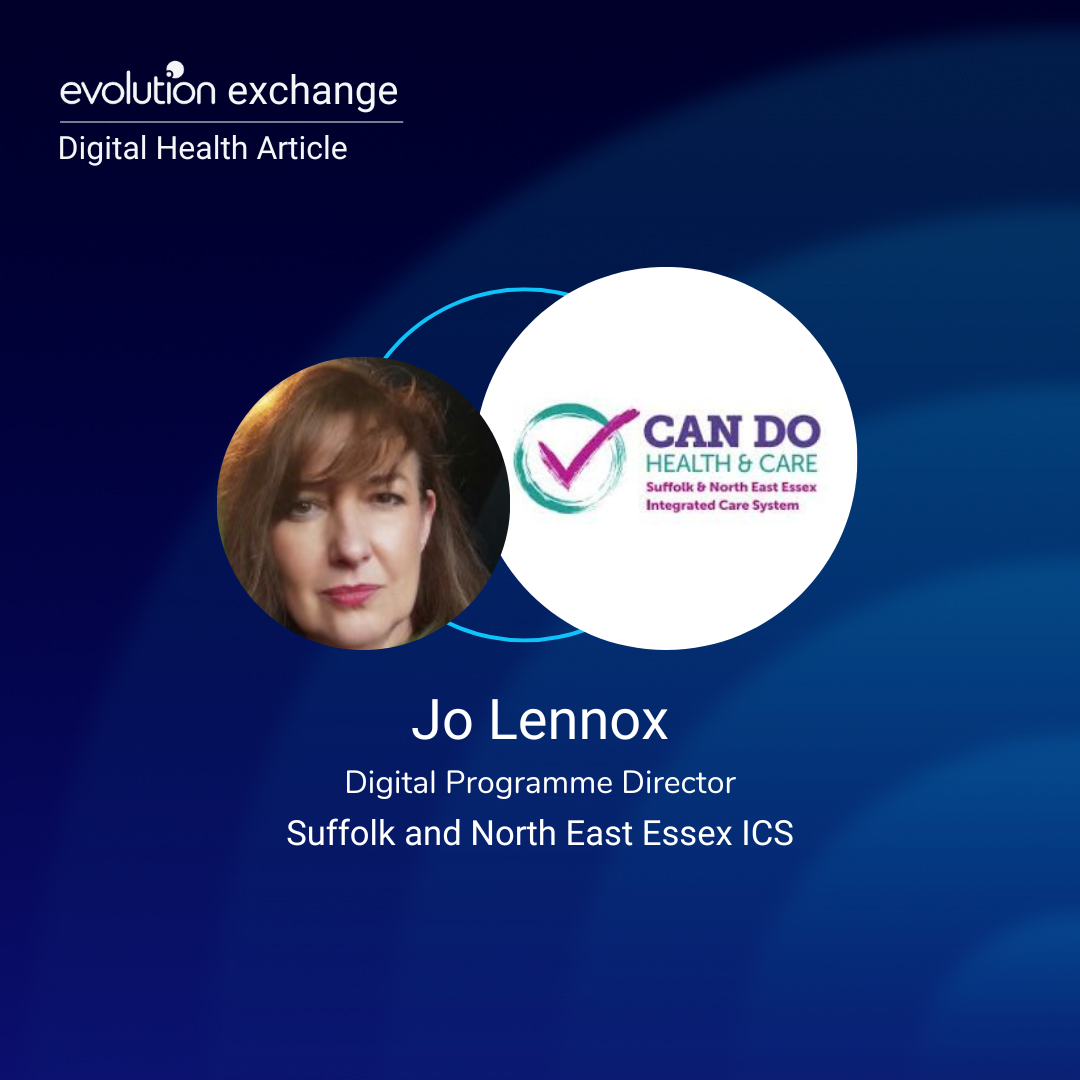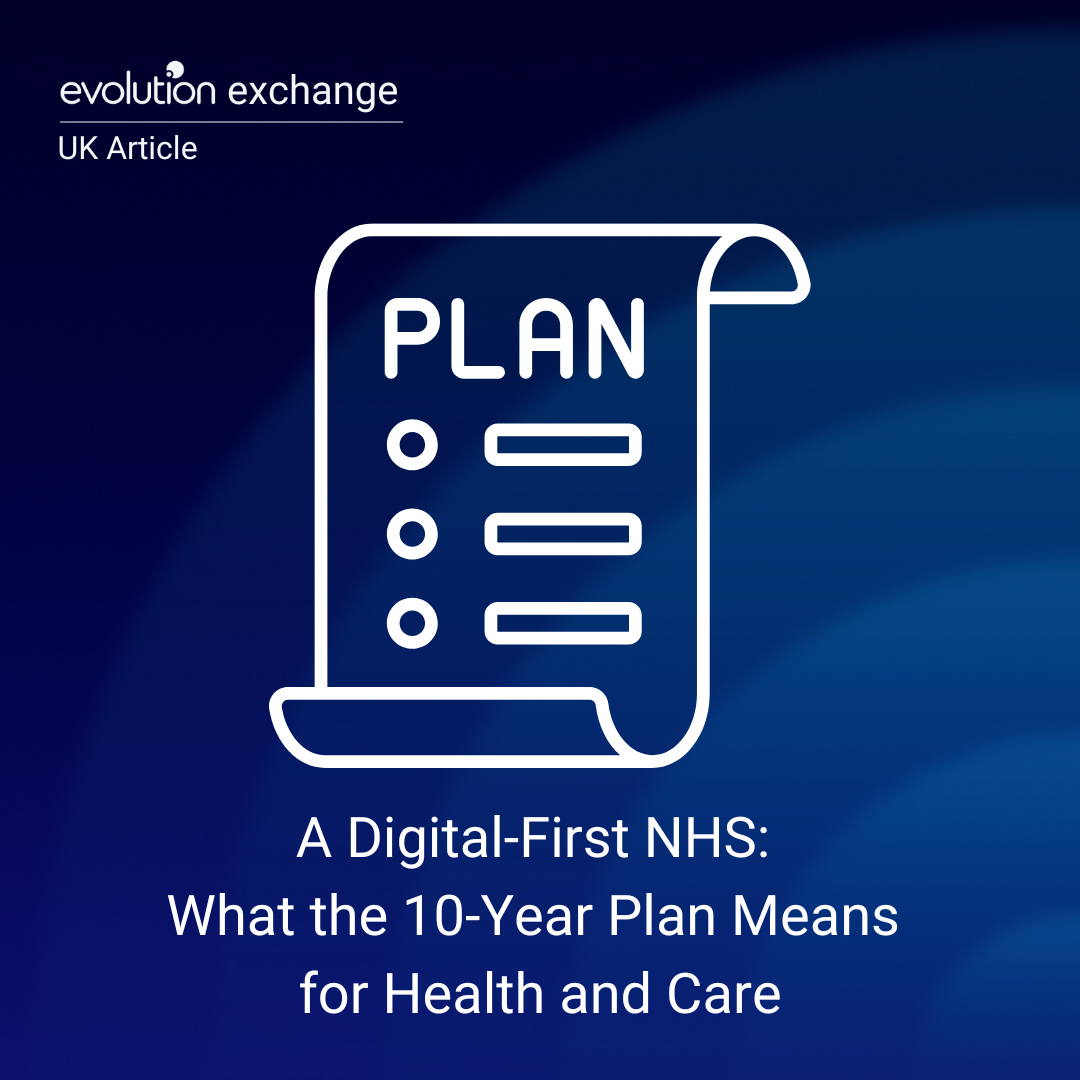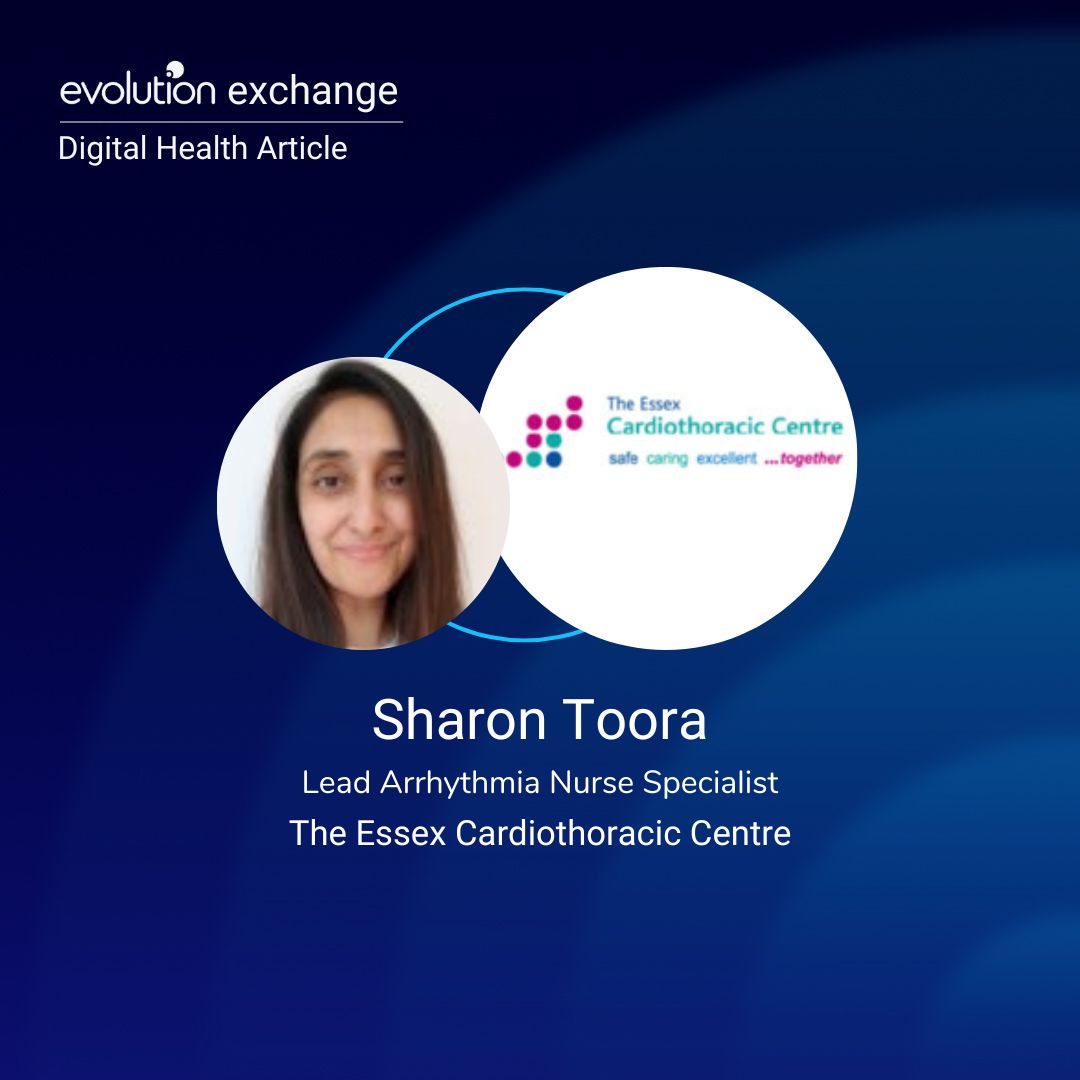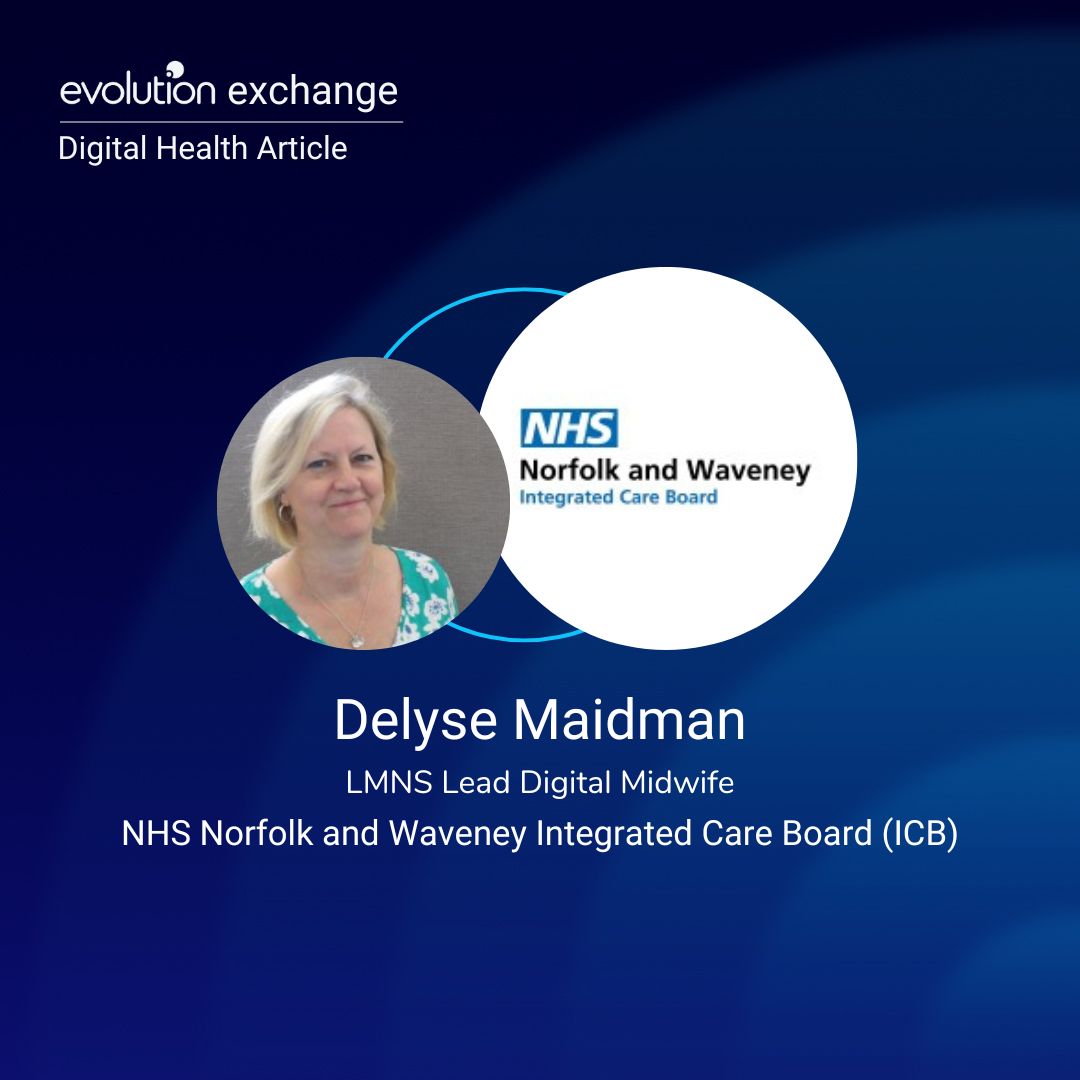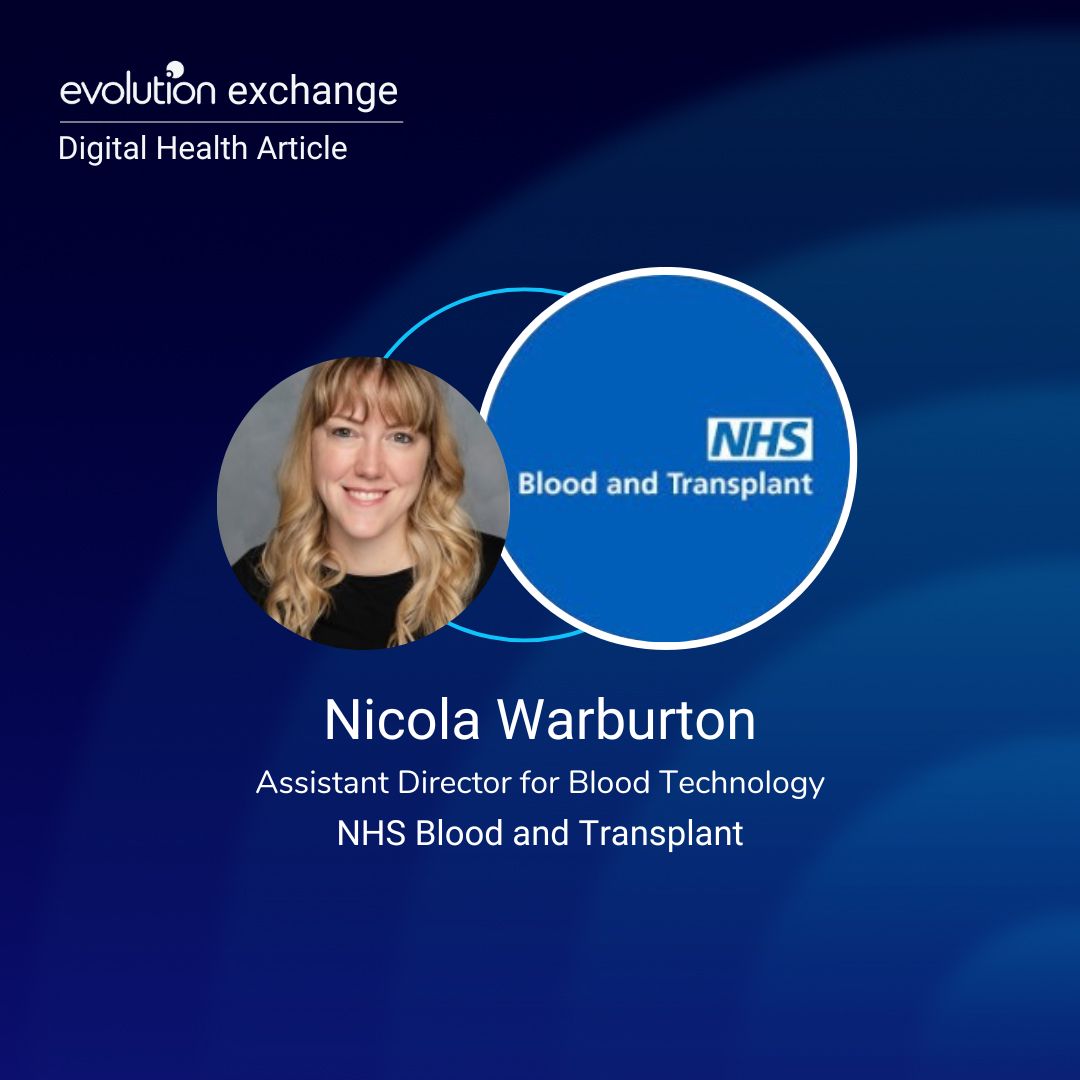Sharon Thorneywork didn’t set out to become a clinical coder, but after 28 years in the NHS, she has risen through the ranks to become the Head of Clinical Coding at Walsall Healthcare NHS Trust. Her journey showcases the varied opportunities and rewarding career progression path in this crucial but often overlooked field.
“Like most people in clinical coding, it wasn’t so much that I aspired to be a coder. In fact, I didn’t know very much about it. I just sort of fell into it really,” Sharon admits with a laugh. She was working as an admin support worker when some clinical coders she befriended encouraged her to apply for a vacancy in their department, thinking her medical knowledge and inquisitive personality would be a great fit for the role.
After doing her research and weighing up that clinical coding ticked all the boxes for her interests – combining medical knowledge with investigative skills and plenty of variety – Sharon took a chance on the new career path and hasn’t looked back since. She progressed from a trainee clinical coder all the way up to team leader, manager, and eventually Head of Department over a career spanning both Birmingham Children’s Hospital and her current Trust.
The Key Responsibilities
So what does Sharon’s clinical coding team actually do day-to-day? Their primary responsibility is to meticulously read through and extract all the relevant information from patient case notes and records, whether physical paper notes or electronic documentation. This involves carefully studying each patient’s story from admission to discharge and codifying every pertinent diagnosis, procedure, complication, comorbidity and more.
“You’ve got to be methodical in your approach… You need an eye for detail,” Sharon explains. Clinical coders need excellent organisational skills and concentration to work through lengthy, complex notes logically and ensure they don’t miss a single relevant detail. An understanding of medical terminology and anatomy/physiology is essential.
But the role involves much more than just coding. Sharon encourages her team to take on additional responsibilities like performing health and safety assessments, providing IT support, mentoring more junior staff, and other specialisms. There is also regular interaction with clinicians when clarification on cases is needed.
“We’ve got a finger on the pulse of the time,” says Sharon, describing how her team stays updated through resources like the NHS Digital websites, clinical coding toolboxes, working groups, audits, and more.
"If you are a person that quite likes to be around people, you have the opportunity to be with your colleagues and support and mentor people, which not everybody gets," she adds. "You have that opportunity here that you don't get necessarily at Trusts that completely work remotely."
The Journey
However, clinical coding is not a career for the faint-hearted or uncommitted. The training process alone can take 2-3 years, covering an immense amount of medical terminology, anatomy and physiology knowledge, and complex coding rules, guidelines and standards that all need to be precisely studied and committed to memory.
“You’ve got to be realistic. It’s a lot of work. It’s a lot of training,” Sharon cautions potential new starters. “Make sure that you’re comfortable with that. And if you are, there’s so much progression and opportunities.”
Indeed, the clinical coding career path is robust and supportive for those willing to put in the hard work. At Sharon’s Trust, new trainees start at Band 2 or 3, then progress to Band 4 Intermediate Coders, Band 5 qualified Coders, Band 6 Senior Coders or Team Leaders, all the way up to Band 7 Coding Managers and Band 8 Head of Department roles like Sharon’s position.
The Environment
One of the big draws, according to Sharon, is the open, social atmosphere and team camaraderie. Rather than sitting in silence, her department actively encourages discussion and debate around complex cases in their open-plan office setup.
“We’ve got a really good mix…we’re in an open plan office so everybody gets on really well together,” she says. “We’ve got all different ages, races, different sexes, people with families, people who are single…”
There is also a big emphasis on work-life balance and accommodating different lifestyle needs, with flexible working hours, the option for some homeworking, and a supportive environment for handling any personal struggles. Sharon promotes an approachable open-door policy.
As the NHS continues modernising towards more electronic patient records, Sharon anticipates being able to offer increased homeworking flexibility in the future, though she values maintaining an in-person team presence for training, collaboration, creative discussion and morale.
“You learn as much from your colleagues sitting next to them discussing it as you do from a book or a presentation…it’s really important that they’re sat next to people some of the time,” she explains.
The Opportunities
For talented, ambitious clinical coding professionals, the role provides plenty of chances to continuously learn, develop specialisms and expertise, and progress into leadership roles where you can be “at the forefront” and “very well respected” according to Sharon.
Clinical coders are a crucial link between frontline care and operational functions like finance, information, and performance reporting. As an “end user” but also the “backbone” and “center” of the NHS, the career allows you to build connections across the whole organisation.
“You work very closely with finance… You’re working very closely with the clinicians and the clinical teams because you’re getting the information from them,” says Sharon. “You’re working with the ward clerks and the ward managers because they’re the people putting the patients on the system that you need to know about.”
“If you are a person that quite likes to be around people, you have the opportunity to be with your colleagues and support and mentor people, which not everybody gets,” she adds. “You have that opportunity here that you don’t get necessarily at Trusts that completely work remotely.”
It’s a dynamic, varied career with the chance to continuously upskill and make a real impact on organisational performance and understanding of clinical data. With coaching from Sharon’s supportive team and protected time for training, there are lots of opportunities to progress into more senior coding roles, management positions, and representation at board level.
So for those seeking a challenging but richly rewarding career path combining medical and investigative interests, with excellent progression opportunities and the chance to be “at the forefront” of healthcare data within the NHS, clinical coding could be an enticing avenue to explore.














